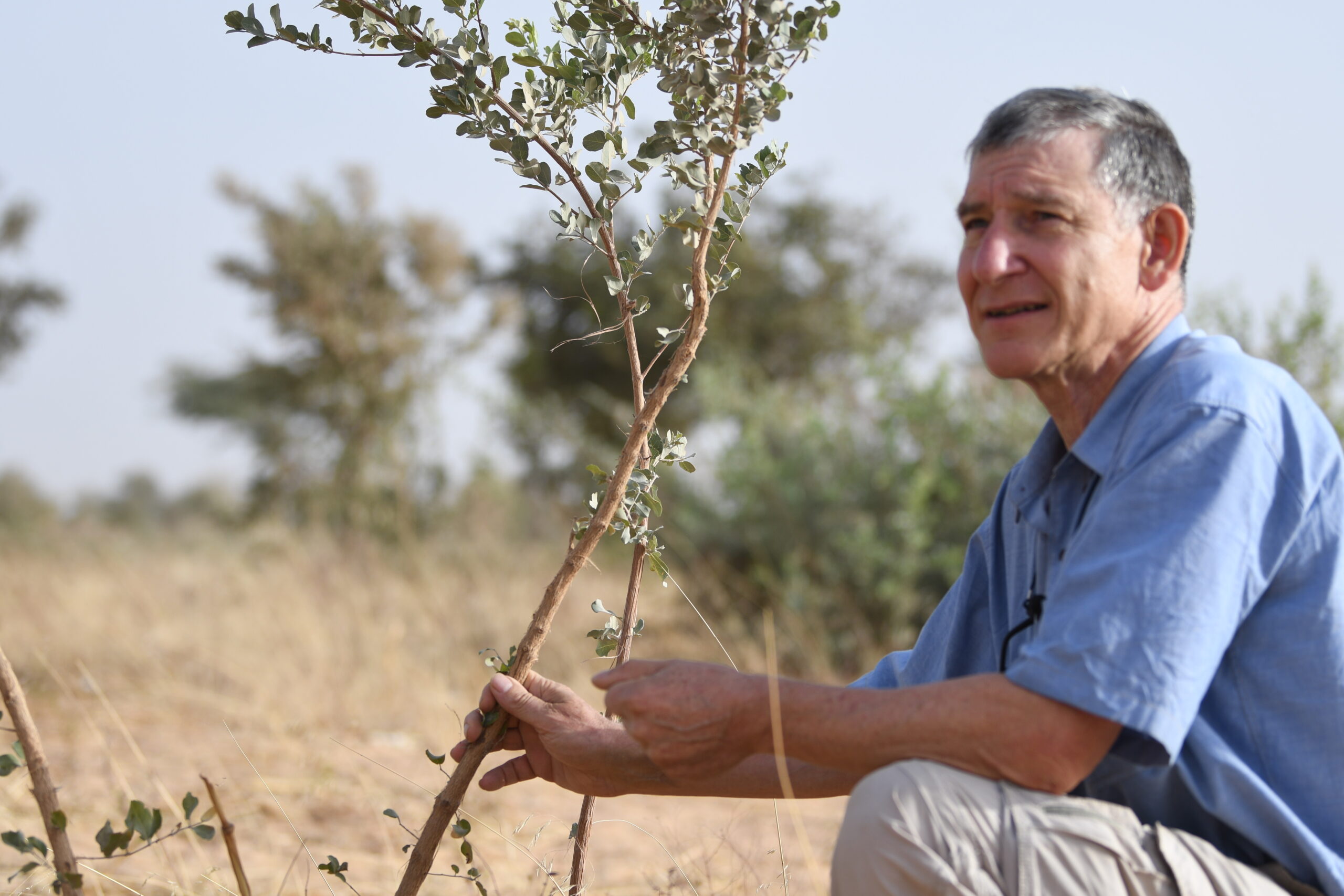Shopping till collapse: Gifts and gratitude in a culture of over-consumption
Later this month mania will hit many cities as a weekend shopping frenzy takes hold. On Friday 23 and Monday 26 November hundreds of millions of consumers will head to retail malls and plazas, often camping out overnight, all with the intent of securing bargains. Black Friday and Cyber Monday, as they have become known, are now well-established dates in the US calendar with Black Friday being the busiest day in the US retail year.[1] Over recent years, Black Friday and Cyber Monday have become a global phenomenon, increasingly promoted by retailers in the UK, Australia, New Zealand and South Africa.
That the increasing growth in sales each year for this weekend is met with delight in the retail sector is symptomatic of the extent to which current economic thinking has become disconnected from the real world. While this shopping activity is lauded for contributing to economic growth, simultaneously we face the frightening reality that global levels of resource consumption are unsustainable.[2] We are quite literally ‘eating ourselves out of house and home’, and on our current trajectory face potentially the same future as many previous civilizations: collapse.[3]
And the destination for most of these newly purchased items? Built-in obsolescence means that within a short period of time many will stop working, and being unrepairable, need replacing. Other objects will hold attention for a brief period of time, but soon become forgotten and exist as clutter on benchtops, in cupboards, wardrobes, garages and storage facilities.[4]
The phenomenon of Black Friday and Cyber Monday is symptomatic of our contemporary consumer culture. We live in a moment of history in which our way of living is characterized by shrill advertising, rampant over-consumption and wanton waste – all with disastrous consequences for the ecological communities we are part of and upon which we depend on for our very survival.
[tweet_dis excerpt=”And yet, there is an alternative narrative. Ironically, #BlackFriday and #CyberMonday are part of the #Thanksgiving public holiday weekend celebrated annually in the USA on the fourth Thursday of November”]And yet, there is an alternative narrative. Ironically, Black Friday and Cyber Monday are part of the ‘Thanksgiving’ public holiday weekend celebrated annually in the USA on the fourth Thursday of November[/tweet_dis]. The holiday has its origin in a thanksgiving feast held in 1621 in which Puritan pilgrims from the Mayflower and Native Americans – whose gracious offering of gifts and hospitality had been essential to the pilgrim’s survival during their first winter in this new land – gathered over three days to celebrate a successful harvest.
At the heart of the Christian faith tradition is also a profound activity of ‘Thanksgiving’. Gathered as a community around a table, Christians participate in the Eucharist (literally, ‘thanksgiving’), in which the essential elements of creation – water, sun, soil – contribute to the gifts of grain and grapes, which then become the Body and Blood of Christ. We consume these gifts corporately with deep gratitude, and with the prayer that these gifts/sacraments will sustain us to be the Body of Christ in the world.
[tweet_dis]At this moment in human history, integral to being part of this Body, is the necessity and summons to live lives that consume less of the earth’s resources[/tweet_dis]. To live simply and with gratitude means to acknowledge genuinely that all we have is ‘a gift of God’ and that these gifts are given not for one’s own benefit but for sharing with the larger community of God’s creation – that all of creation will flourish and therefore be able to join together in celebration and praise to the Divine Gift-Giver.
Purchase something that really matters – donate Gifts With A Difference
Endnotes:
[1] One doesn’t even have to leave home to participate in this maelstrom of retail therapy, with consumers increasingly purchasing on-line. In 2016 e-commerce on Black Friday and Cyber Monday in the US earned revenue of USD$7 billion.
[2] This year, 1 August marked Earth Overshoot day – the earliest date that humans have consumed the world’s resources quicker than they can be regenerated in a year.
[3] Jared Diamond, Collapse: How Societies Choose to Fail or Succeed, 2nd ed., (New York: Penguin: 2011).
[4] The growing storage industry is testament to contemporary cultures’ seemingly limitless consumer appetite. There are now 1,430 self-storage sites in the UK with an annual turnover of £540 million. In the USA, storage is a $38 billion-a year industry with 1 in 11 US citizens renting space for the overflow of material items they have purchased, but no longer use.
We are happy for our blogs to be used by third parties on condition that the author is cited and A Rocha International, arocha.org, is credited as the original source. We would be grateful if you could let us know if you have used our material, by emailing [email protected].


